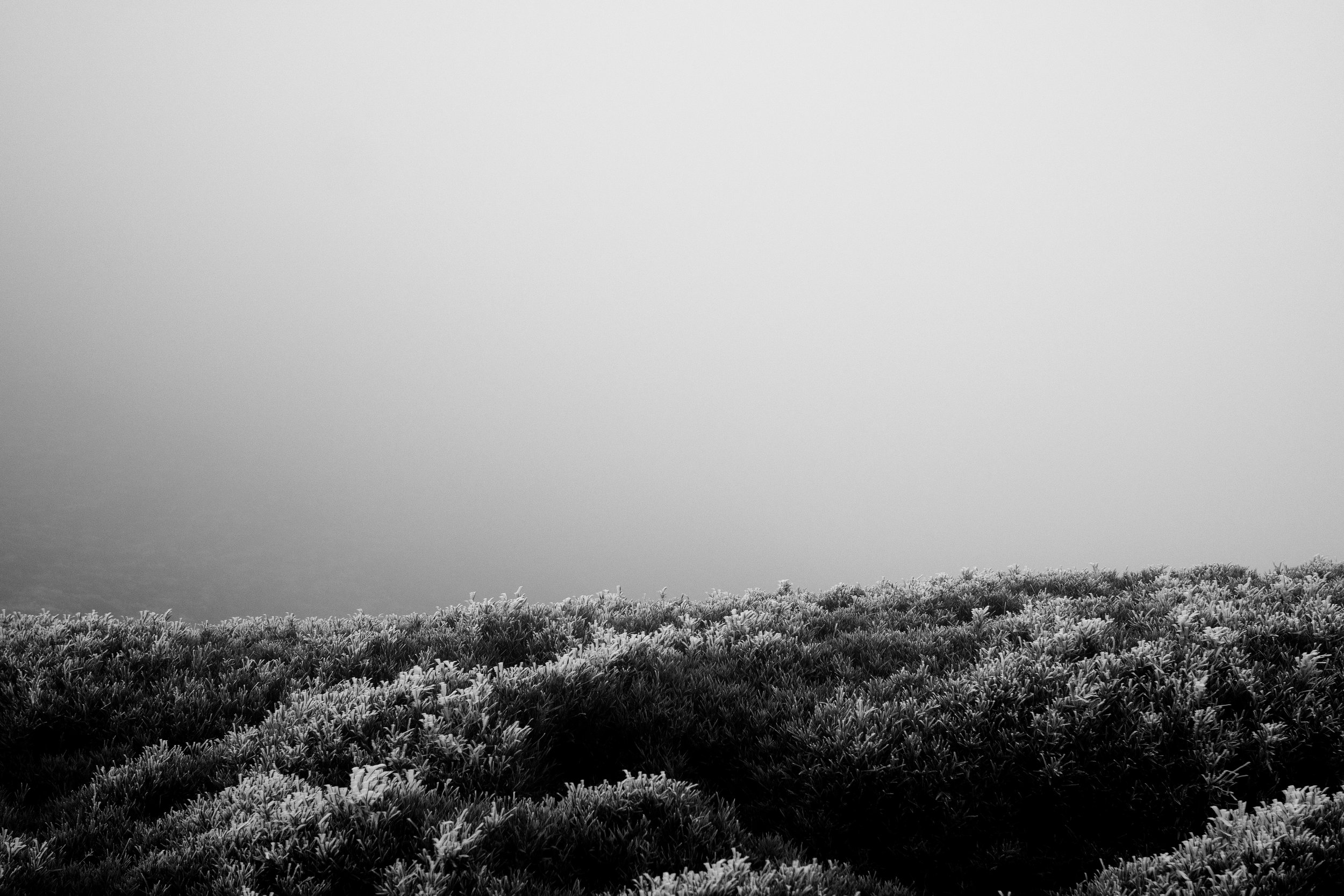
終風 Wild Winds
終風且暴,顧我則笑,謔浪笑敖,中心是悼。
終風且霾,惠然肯來,莫往莫來,悠悠我思。
終風且曀,不日有曀,寤言不寐,願言則嚏。
曀曀其陰,虺虺其雷,寤言不寐,願言則懷。
The wind is wild and violent.
You looked at me and laughed with mockery.
My heart aches with grief.
The wind is wild and dusty.
You promised to visit but did not show.
My heart aches with longing.
For days I could not see the sun,
The wind remains wild.
I cannot sleep.
Lying awake I think of you.
The sky is dark,
In the distance thunder growls
I lie awake thinking of you
My heart is aching.
Poetry Interpretation
Traditional commentators, including the preeminent Neo-Confucian scholar Zhu Xi 朱熹 (1130-1200), attributed the authorship of this song to an aristocratic woman by the name of Zhuang Jiang 莊姜 (circa 700 BCE), who is the first known female poet in Chinese literary history. Here, it is believed that Zhuang Jiang was bemoaning the cruel treatment that she endured from her husband Duke Zhuang, ruler of the ancient Chinese state of Wey. Her emotional turmoil is symbolically mirrored by the tempestuous weather.
Zhuang Jiang was renowned for her beauty, in another song included in the Book of Songs, she was described by those who caught sight of her as having “sweet dimples and lovely eyes”, her skin was “smooth as lard” and her teeth were “shaped like melon seeds”. Though she remained childless, Zhuang Jiang was said to have adopted a son born to one of her husband's concubines, whom she raised as her own. This son would eventually ascend to the throne as Duke Huan.
這首充滿幽怨的歌曲,被認為出自中國第一位女詩人莊姜之手,她在詩中哀嘆自己遭受來自丈夫——古代衛國君主衞莊公的殘酷對待。她的情感掙扎與狂風暴雨的天氣形成了象徵性的對比,表達了她內心的動蕩與痛苦。讓我們得以窺見古代中國女性的辛酸與無奈。
Written by Dr. Annie Luman Ren